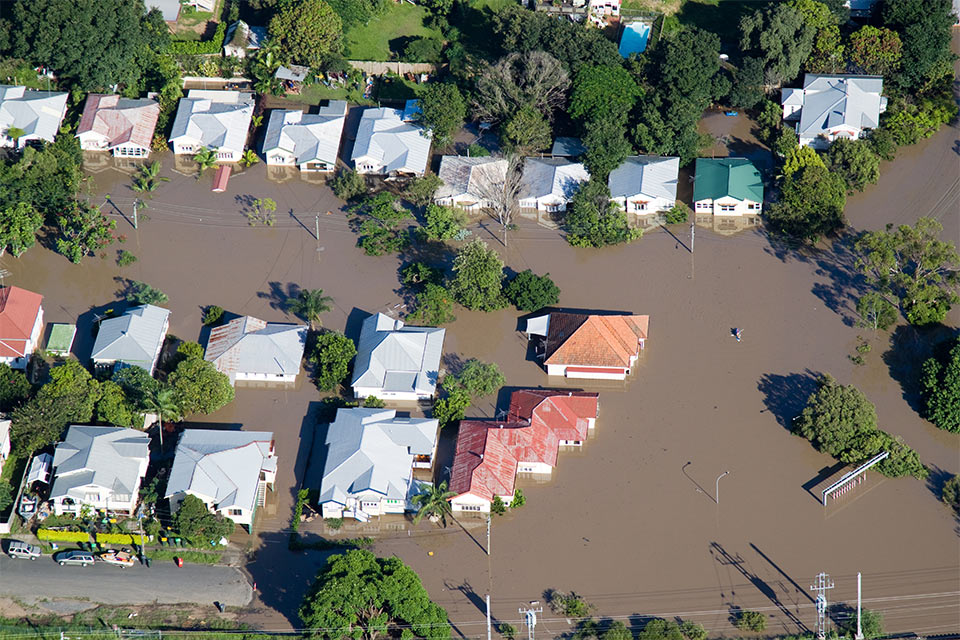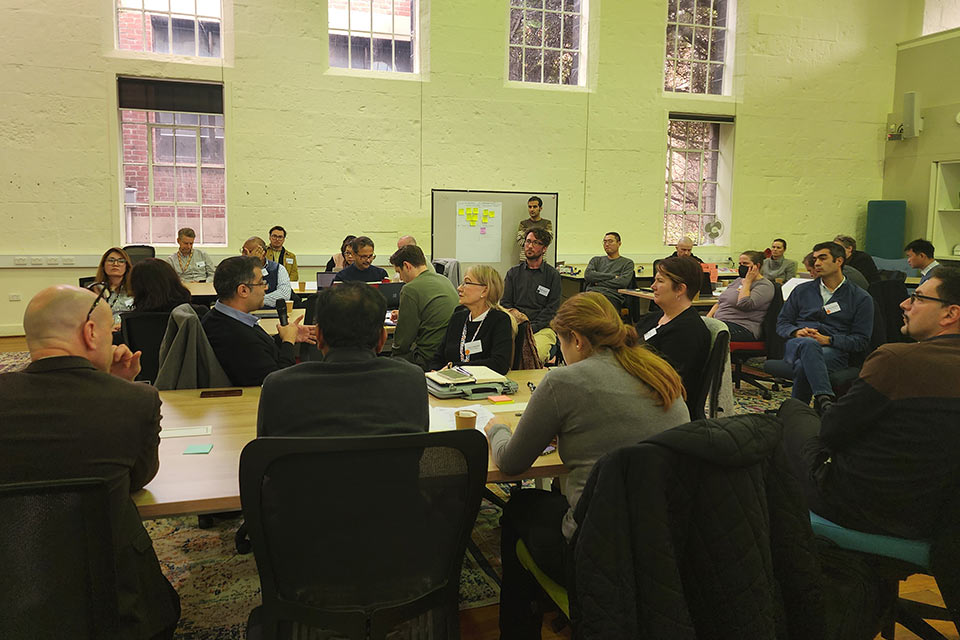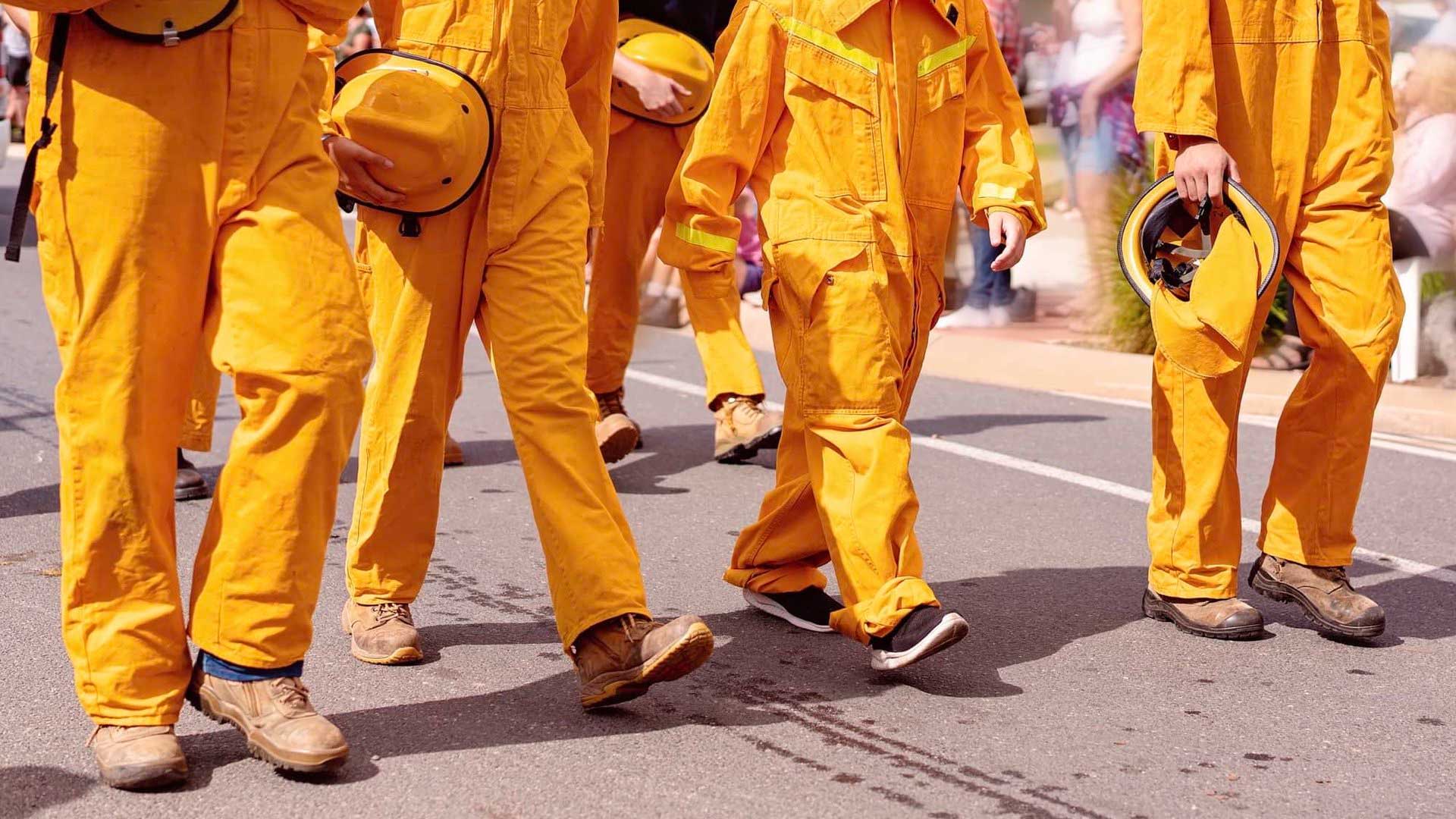Disaster Research Network

RMIT’s Disaster Research Network addresses the increasing need for research, innovation, and partnership to support disaster prevention, preparedness, response, and recovery in Australia and internationally.
Drawing together over 80 researchers from a broad range of disciplines, the RMIT Disaster Research Network takes a multi-disciplinary approach to disaster research, working together with practitioners and communities to strengthen resilience and research impact. The Network provides our partners with easy access to research expertise and opportunities to collaborate. The Network also enables a coordinated and timely response to calls for research capability and facilitates industry-academia events.
RMIT’s Disaster Research Network research capabilities connect across three interlocking themes. You can read more about our capabilities in our Disaster Research Network research capabilities, or simply download our capability statement.

RMIT has a record of impactful natural hazards and disaster resilience research, including deep research expertise in areas as diverse as: disaster risk reduction; green infrastructure and nature-based solutions; satellite mapping of bushfires; evacuation modelling and behaviour; design for resilient recovery; fire resistant fabrics and buildings; the role of creativity and the arts in recovery; and mental health and community resilience through crisis and trauma.

Our Network consists of members from many disciplines across RMIT and connects researchers to enhance, promote and deploy the University’s interdisciplinary research capability in disaster related fields.
RMIT is also able to mobilise its research expertise through the formation of interdisciplinary research teams that can work in partnership with industries and agencies to help tackle society’s complex disaster resilience problems.

Contact our team by emailing: research.partnerships@rmit.edu.au
Please contact the Disaster Research Network team via research.partnerships@rmit.edu.au if you would like to know more or to provide updates about your research projects, publications, media mentions and anything else of relevance to share with the Network.
RMIT staff can join the Disaster Research Network also by emailing research.partnerships@rmit.edu.au.


RMIT University acknowledges the people of the Woi wurrung and Boon wurrung language groups of the eastern Kulin Nation on whose unceded lands we conduct the business of the University. RMIT University respectfully acknowledges their Ancestors and Elders, past and present. RMIT also acknowledges the Traditional Custodians and their Ancestors of the lands and waters across Australia where we conduct our business - Artwork 'Sentient' by Hollie Johnson, Gunaikurnai and Monero Ngarigo.
Learn more about our commitment to Indigenous cultures